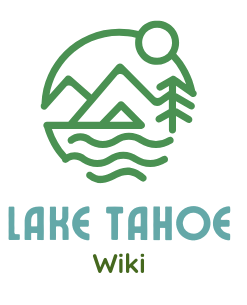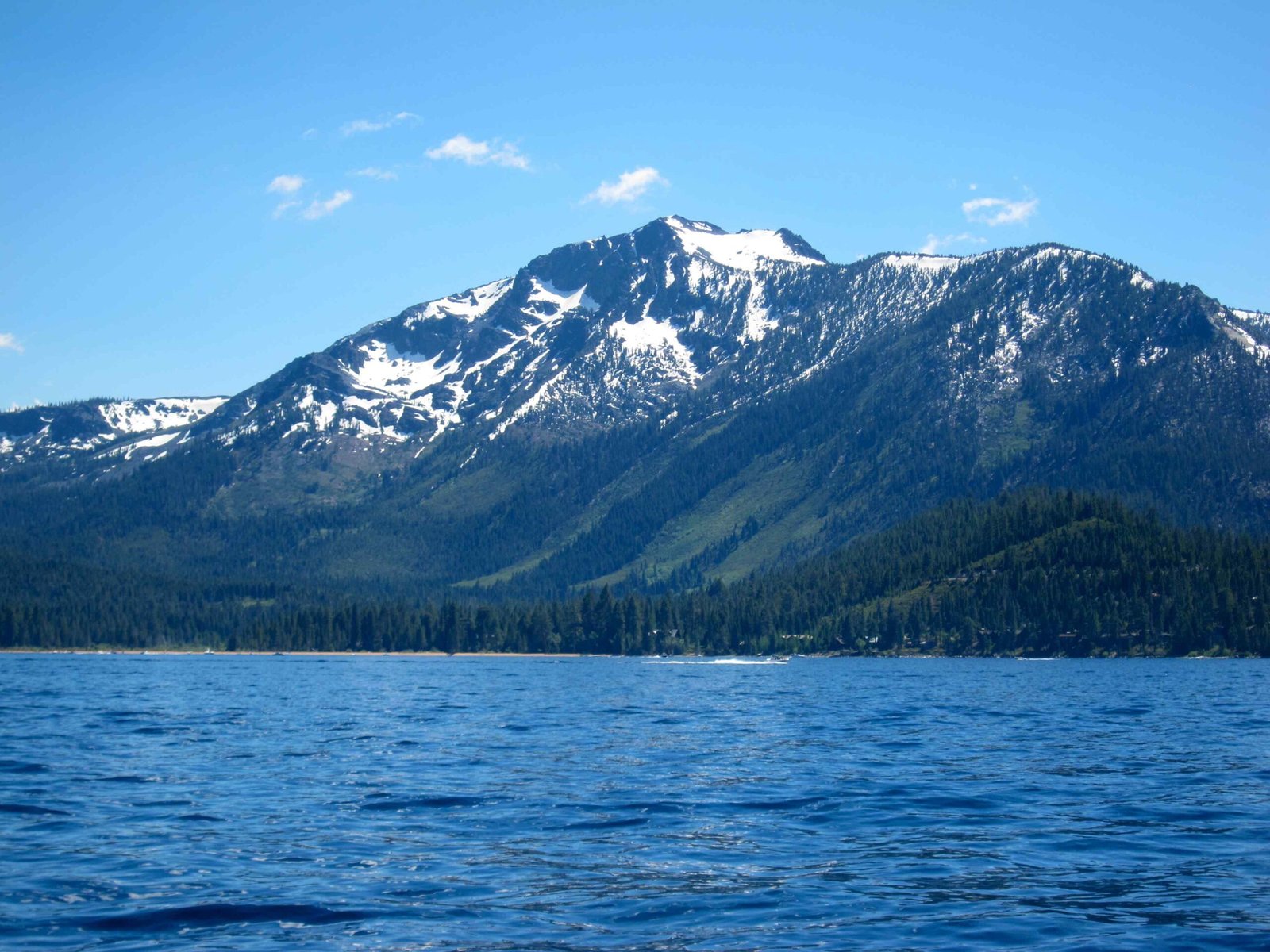Hope Valley Lake Tahoe represents a pristine alpine sanctuary nestled in the Sierra Nevada mountains, offering visitors an extraordinary blend of natural beauty and recreational diversity. Located near Lake Tahoe, this scenic valley provides year-round adventures ranging from summer hiking and fishing to winter snowsports, making it a premier destination for outdoor enthusiasts seeking unspoiled wilderness and diverse ecosystem experiences.
What Makes Hope Valley Lake Tahoe Unique?
Natural Landscape Overview
Hope Valley encompasses approximately 30 square miles of breathtaking alpine terrain, characterized by:
- Elevation range: 7,000-8,500 feet
- Dominant vegetation: Aspen groves, pine forests
- Primary water sources: West Carson River, alpine lakes
- Seasonal climate: Alpine continental with significant temperature variations
Recreational Opportunities
What Activities Can Visitors Enjoy?
| Season | Top Activities | Difficulty Level |
|---|---|---|
| Summer | Hiking, Fishing, Mountain Biking | Easy to Moderate |
| Autumn | Photography, Trail Walking, Wildlife Viewing | Easy |
| Winter | Cross-Country Skiing, Snowshoeing | Moderate |
| Spring | Wildflower Viewing, Gentle Hiking | Easy |
Hiking Trails to Explore
Hope Valley Lake Tahoe offers multiple hiking experiences suitable for various skill levels:
- Fallen Leaf Lake Trail
- Distance: 2 miles round trip
- Elevation gain: 150 feet
- Difficulty: Easy
-
Highlights: Lake views, moderate forest terrain
-
Snowshoe Thompson’s Cave Trail
- Distance: 1.15 miles
- Elevation gain: 200 feet
- Difficulty: Moderate
- Highlights: Historical significance, panoramic mountain views
Wildlife and Ecosystem
What Wildlife Can Be Observed?
Hope Valley Lake Tahoe hosts a rich biodiversity, including:
- Mammals: Mule deer, black bears, mountain lions
- Birds: Bald eagles, osprey, various alpine songbirds
- Fish: Rainbow trout, brown trout, brook trout
Seasonal Considerations
How to Prepare for Hope Valley Adventures?
Summer Preparation:
– Lightweight, moisture-wicking clothing
– Hiking boots
– Sun protection
– Water filtration system
– Insect repellent
Winter Preparation:
– Layered thermal clothing
– Waterproof snow gear
– Snowshoes or cross-country ski equipment
– Emergency winter survival kit
Accommodation and Camping
Where to Stay in Hope Valley?
- Hope Valley Campground
- 22 single campsites
- 6 double sites
- Amenities: Vault toilets, potable water
-
Reservation cost: $26 per night
-
Nearby Lodging
- Desolation Hotel Hope Valley
- Kirkwood Mountain Resort accommodations
- South Lake Tahoe hotels
Photography and Scenic Opportunities
Best Photography Locations
- Crater Lake overlook
- West Carson River valley
- Autumn aspen groves
- Alpine lake reflections
Conservation and Responsible Tourism
How to Protect the Environment?
- Follow Leave No Trace principles
- Stay on designated trails
- Properly dispose of waste
- Respect wildlife habitats
- Use bear-proof containers
Travel Tips
Essential Information for Visitors
- Best time to visit: June through October
- Nearest major city: South Lake Tahoe
- Required permits: Fishing license, camping reservation
- Cell phone coverage: Limited in remote areas
Conclusion
Hope Valley Lake Tahoe offers an unparalleled outdoor experience, combining natural beauty, recreational diversity, and ecological richness. Whether you’re an adventure seeker, nature photographer, or peaceful wanderer, this alpine paradise promises unforgettable memories.

